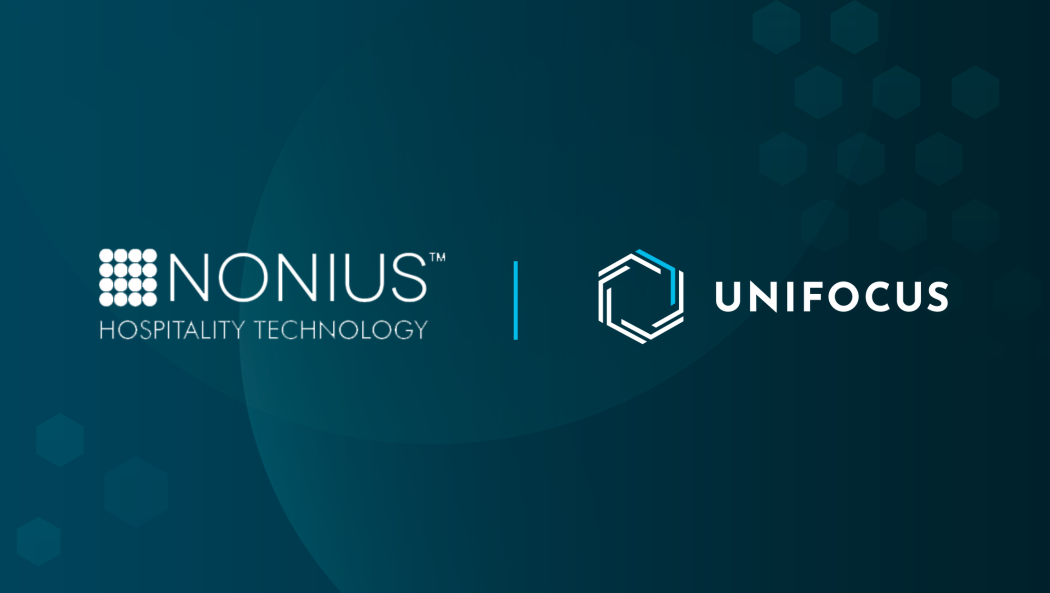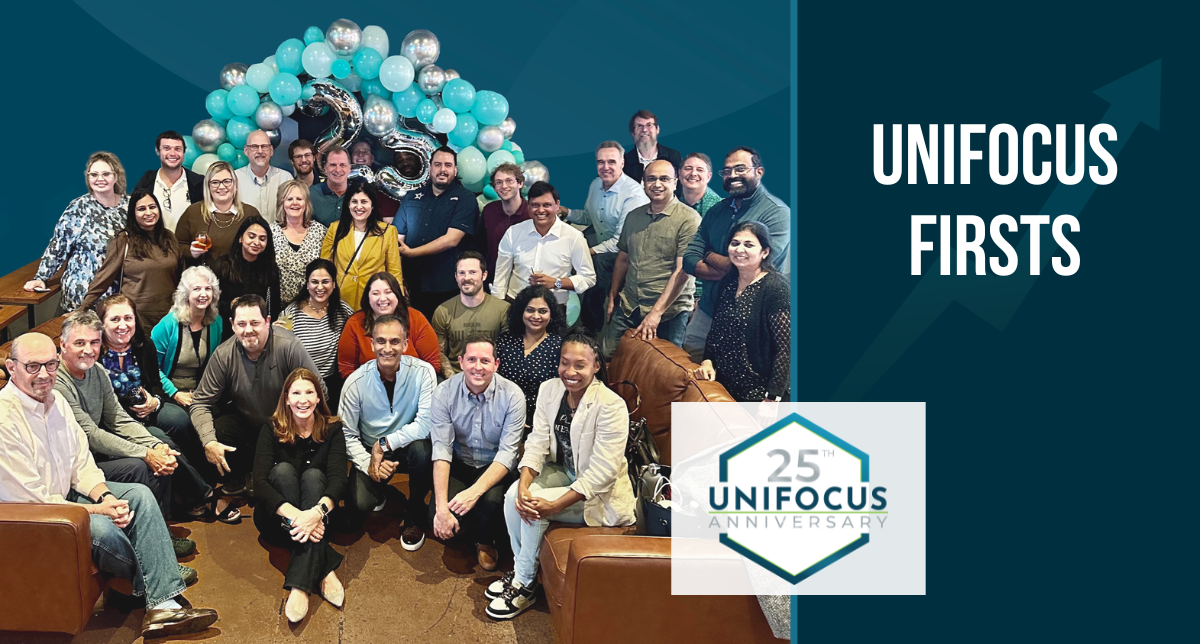May 2016 - Published in Hotel Business Review - by Mark Heymann - A confluence of trends is impacting how the hotel industry handles the complex task of staffing shifts. Increased competition is leading to greater fluctuations in guest demand. Millennial - now the majority generation in the workforce - are putting a high premium on flexibility and work-life balance in their career choices. And most critically, legislators across the country are answering rising calls from workers' rights organizations, pushing back against the practice of on-call scheduling with new laws that include penalties for organizations that fail to provide their employees with more predictable schedules. In this increasingly dynamic environment, advanced scheduling technology will be crucial to help hotel managers comply with new predictive scheduling requirements while protecting their bottom line in the short and long term.
The Decline of On-Call Scheduling
In the wake of legislation at the federal level, as well as in several states and cities, a number of large retailers have ended the practice of on-call scheduling. In 2014, Democrats in the House and Senate introduced versions of a bill to enforce more predictable schedules for service workers, arguing that the on-call model created a hardship for those who would keep themselves available for a shift only to be sent home when business was slow, or told at the last minute not to show up at all. Or, conversely, they might struggle to arrange childcare when called in for a shift they had not anticipated working.
Later that same year, San Francisco passed the Retail Workers Bill of Rights, which requires employers to, among other things, give retail workers at least 14 days' notice of their biweekly schedules and provide "predictability pay" for shifts that are changed or cancelled at the last minute. And in April 2015, the New York State attorney general launched an inquiry into the scheduling practices at major retailers operating in the state and their possible non-compliance with New York's "reporting pay" laws.
Similar concerns have led to several proposed class-action lawsuits in California. The National Women's Law Center reports that, in addition to New York and California, predictive scheduling legislation is now pending in Connecticut, Illinois, Indiana, Maine, Maryland, Massachusetts, Minnesota and Oregon. With the movement gaining traction beyond the retail industry, it's time for other service providers, including hoteliers, to take a look at their own scheduling practices.
"Just in Time" for the Service Industry
Today's hotel industry is far more competitive than it was even 15 years ago, and with that greater competition comes greater variability in when the customer wants to be served. To navigate the complexities of scheduling in this highly dynamic environment, hoteliers would do well to take a page from manufacturing's "just-in-time" model."
Originating in Japan's manufacturing industry in the 1950s, just-in-time management called for producing or acquiring goods only as they were needed in production, resulting in reduced inventory costs and increased efficiency. Toyota famously adopted the practice and its success gained global attention. U.S. manufacturers began to apply just-in-time principles to their own operations in the 1980s. While the practice is still associated primarily with manufacturing, just-in-time management is particularly well-suited to the service industry, and never more so than now.
For a just-in-time approach to succeed, management must be able to accurately forecast demand. In the hotel world, this means being able to count on having a worker available at the moment the customer wants to be served. But demand is notoriously inconstant. It can vary from one Monday to the next, from Monday to Tuesday, and from weekends to weekdays. And scheduling to demand also must take into account the differing needs and availability of employees. In this complex and ever-fluctuating environment, advanced scheduling technology is critical.
Better Predictive Models
The purpose of an advanced scheduling system is to create a predictive model that a hotel's management team and staff have confidence in. Based on predictions from that model, the team can apply its resources, scheduling the right number of workers with the right skills at the right time to meet guests' service requirements.
An effective scheduling system takes into account all possible variables, from business volume forecasts to service level standards, job-specific rules, and labor regulations. It balances those variables with employee skills, availability and time-off requests, eliminating scheduling conflicts. And it can adjust staffing levels by the hour throughout the day based on varying needs. This saves hours of complex scheduling each week, allows for greater employee flexibility, and reduces labor costs while improving customer satisfaction. The days of using Excel or a piece of paper can no longer be justified. Simply put, there are too many variables that need to be accounted for if one is to develop a schedule that meets customer needs at the least cost.
Complex Tasks, Simplified
Where time-off requests were once handled manually and required multiple steps - filling out a request form at Human Resources, determining whether the worker has enough paid vacation banked to cover the time, having a manager sign off on the request, and notifying payroll - now it all happens electronically and seamlessly. This frees both the employee and manager to spend more time focusing on what counts - interacting with guests and delivering on the service promise. It used to be that if a service business needed eight workers to cover the beginning of a shift, they'd schedule all eight for the full hours. If demand failed to meet projections, management would either take a financial hit or impact the workers by sending home those who were no longer needed. And even in a circumstance when an employee was sent home, the business still incurred excess costs as the decision was reactive rather than proactive. Advanced scheduling technology can determine how to adjust staffing levels throughout the day so that the business not only ensures its ability to provide timely service but is also controlling labor costs, while its workers benefit from being able to better anticipate their hours worked and earnings.
Accommodating Multiple Business Drivers
The less predictable an organization's schedules are, the more sophisticated modeling and calculations capabilities its scheduling system requires. Some service industry environments may only have one key business driver - for a coffee house, for instance, that primary driver is beverages. Hotels have many more drivers - occupancy, arrivals and departures, to name a few. A hotel kitchen may be preparing food for three or four restaurants at the same time. Combine these multiple drivers with demand patterns of when customers like or need to be served and, as requirements ramp up to generate more accurate labor plans, the only way for these businesses to comply will be with the help of an advanced scheduling system.
The Advantages of Mobile
More and more, scheduling systems are evolving to include a mobile aspect. This is a critical component, particularly for millennial workers but also for older generations who have come to rely on the increasingly broader functionality of their cell phones to manage their lives. Mobile scheduling capabilities enable employees to effectively communicate with their organization and with their co-workers in the same way that they interact in their personal lives. And, they enable immediate response to scheduling requests, greatly streamlining the process for both managers and workers and leading to heightened employee engagement.
The Millennial Factor: A Cultural Shift
In fact, predictive scheduling represents a shift in culture as much as it does in business practices. It accommodates the attitudes of millennials -- and to some degree Generation Xers -- about how and when they want to work. Millennials employed in the service industry recognize that their schedules are going to fluctuate week to week, and they welcome that flexibility. At the same time, they seek a measure of predictability in order to achieve one of the top priorities of their cohort: a better balance between their personal and business lives. With millennials now the workforce majority, accommodating this fundamental goal is critical. Because not only do managers need the right worker in place at the right time to serve guests, but that worker needs to be engaged and motivated to provide the level of service that will drive results.
As perceptions and expectations about how and when people work evolve, and as demand continues to grow more fluid, the task of managing labor will only become more complex. Expectations of greater stability in one's personal life and the general work / life balance that is being demanded, coupled with the increase in labor costs, will also contribute to scheduling challenges. As it does, hoteliers will require more sophisticated scheduling tools that balance the needs both of their workers and guests while protecting their own bottom line.
About UniFocus
UniFocus workforce management software provides all the tools you need to make labor force decisions with confidence. We help you optimize your daily operations with powerful yet flexible tools. Empower leadership and staff to create schedules that maximize customer satisfaction while minimizing wasted labor hours. Better labor management for contingent workforces in the hospitality, restaurants, retail, and healthcare industries. If you're in the market for a better WFMS, contact us today.






